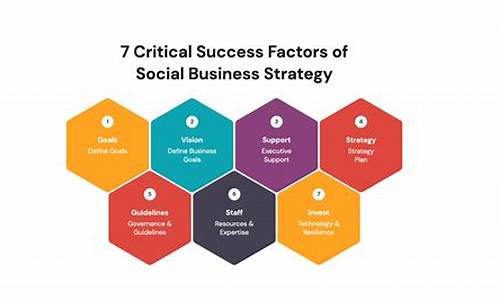Key Factors for Healthy Aging
Aging is a natural process that everyone experiences, but how we age can vary greatly depending on various factors. Healthy aging refers to maintaining physical, mental, and emotional well-being as we grow older. There are several key factors that contribute to healthy aging, and understanding these elements can help individuals live longer, healthier lives. This article explores the most essential aspects of healthy aging, including proper nutrition, regular exercise, mental health, social engagement, and medical care.
Proper Nutrition for Healthy Aging

A balanced diet is one of the most important aspects of healthy aging. As we age, our metabolism slows down, and our bodies may require different nutrients than when we were younger. A diet rich in fruits, vegetables, lean proteins, whole grains, and healthy fats can provide essential vitamins and minerals. These nutrients help maintain muscle mass, bone density, and cognitive function. Additionally, staying hydrated is crucial for preventing dehydration, which can lead to complications as we age.


Regular Exercise to Maintain Strength and Flexibility
Exercise plays a significant role in promoting healthy aging. Regular physical activity helps maintain muscle strength, flexibility, and balance, reducing the risk of falls and injuries. It also improves cardiovascular health, boosts mood, and supports brain function. Engaging in activities like walking, swimming, yoga, or strength training for at least 150 minutes per week can help seniors maintain a high quality of life.

Mental Health and Cognitive Function
Mental health is just as important as physical health in the aging process. As we grow older, the risk of mental health conditions such as depression or dementia may increase. Staying mentally active through puzzles, reading, learning new skills, or engaging in social activities can help preserve cognitive function. It is also important to manage stress and practice mindfulness to promote overall emotional well-being.
Social Engagement and Strong Relationships
Social connections play a vital role in healthy aging. Having a strong support network and maintaining relationships with family, friends, and the community can improve emotional health and reduce feelings of loneliness or isolation. Regular social interactions contribute to a sense of purpose and overall well-being, which can have a positive impact on both physical and mental health.

Regular Medical Checkups and Preventive Care
Regular medical checkups and preventive care are essential for healthy aging. Routine screenings for conditions such as hypertension, diabetes, and cancer can detect problems early and improve the chances of successful treatment. Vaccinations, dental care, and eye exams also help maintain health and quality of life as we age.
In conclusion, healthy aging is a combination of physical, mental, and social well-being. By focusing on key factors such as proper nutrition, exercise, mental health, social engagement, and regular medical care, individuals can increase their chances of aging gracefully and maintaining independence and vitality throughout their later years.